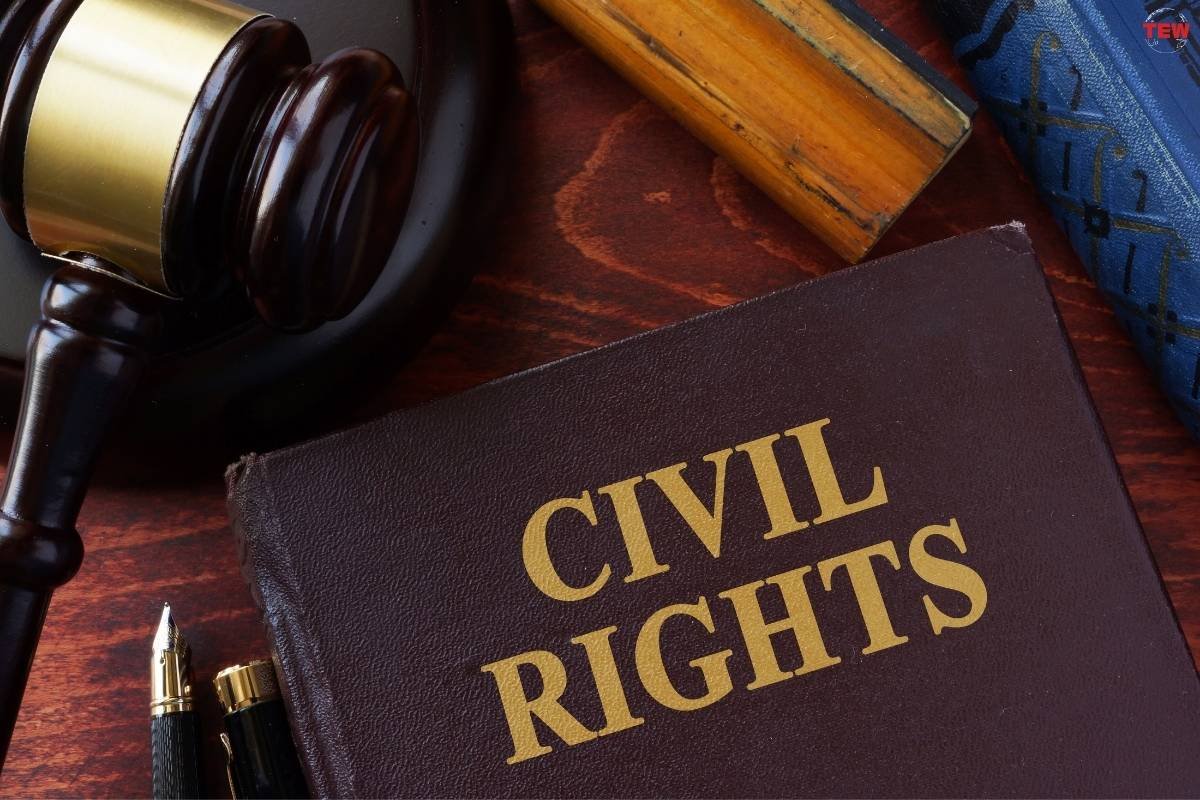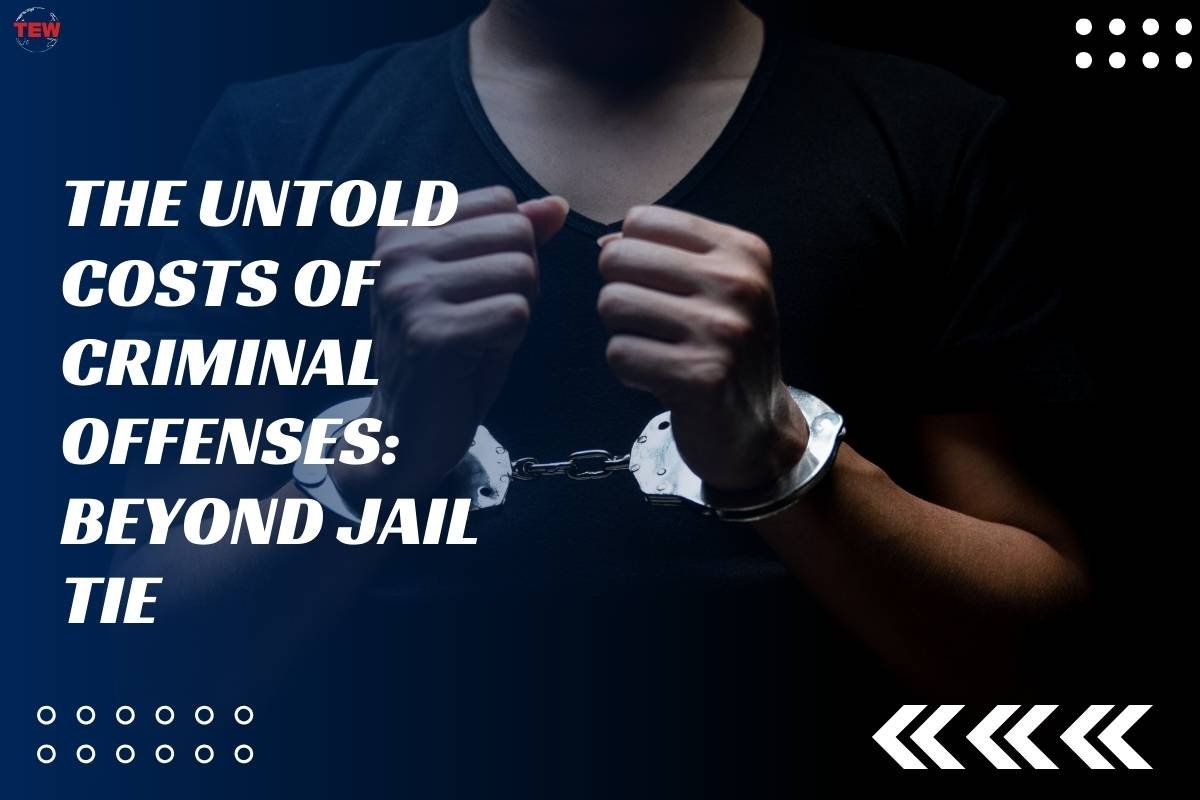When you think of criminal offenses, jail time is often the first consequence that comes to mind. However, the impacts of criminal offenses ripple through various aspects of life with surprising and lasting effects. Financial stability can be shattered by legal fees, lost employment opportunities, and the difficulties of finding housing with a criminal record. Relationships suffer as trust issues and social stigmas create barriers with loved ones. The emotional toll can be equally devastating, with anxiety, depression, and a sense of isolation often following. These hidden costs can linger long after any sentence is served, fundamentally changing your future.
Economic Impact on Offenders and Families
Criminal offenses can have severe economic repercussions for offenders and their families. These include loss of job opportunities, the financial strain of legal fees, and long-term economic challenges that extend well beyond imprisonment.
1. Loss of Employment Opportunities
When you’re convicted of a crime, your career prospects can change dramatically. Background checks can reveal your criminal record, making job hunting an uphill battle. Employers often hesitate to hire individuals with criminal histories, limiting your employment options significantly.
This is especially true for professions requiring licenses or certifications, such as healthcare and finance. The stigma associated with a criminal record can lead to missed promotions or even job loss, further impacting your financial stability. Beyond immediate unemployment, the long-term career trajectory can suffer, affecting your earning potential for years.
2. Financial Burden of Legal Fees

The financial implications of legal processes are staggering. From the moment you’re charged, costs begin to accumulate. Attorney fees, court fees, and fines can quickly drain your savings. Even if you qualify for a public defender, the costs associated with the trial can still be substantial.
Common expenses include:
- Attorney fees: $2,000 to $25,000+
- Bail: Varies widely, often set in thousands
- Court fees: Hundreds to thousands of dollars
Payment plans might help, but they extend the financial burden over time. In the worst cases, these costs can lead to debt, forcing you and your family into financial hardship.
3. Long-Term Economic Struggles for Families
When a family member is incarcerated, the economic impact extends to everyone. Often, the incarcerated individual is a primary breadwinner. Their absence means loss of income, which can lead to difficulties in meeting basic needs such as rent, utilities, and food.
Families may also face additional expenses such as:
- Travel costs for prison visits
- Phone call charges to stay in touch
Children of incarcerated parents often struggle academically and emotionally, which can affect their future earning potential. The stress of financial instability adds another layer of difficulty, creating a cycle of economic hardship that can persist across generations.
Social Costs of Stigmatization
Criminal offenses often carry heavy social costs long after sentences are served. These consequences affect individuals and their communities profoundly and persistently.
1. Barriers to Social Reintegration

When you have a criminal record, finding a job becomes a major challenge. Many employers hesitate to hire individuals with past offenses, narrowing your opportunities significantly.
Even finding housing can be problematic. Landlords often conduct background checks, leaving you with limited options for safe and stable living environments. Education access also takes a hit. Colleges might deny admissions or financial aid, further restricting your path to reintegration.
2. Impact on Mental Health
Ongoing stigmatization can take a severe toll on your mental health. The constant judgment and exclusion can lead to feelings of isolation and depression.
Anxiety about the future becomes a daily struggle. You might start to doubt your self-worth and capabilities, leading to a cycle of negative thoughts. These mental health issues can, unfortunately, slow down your progress toward rebuilding your life.
3. Effects on Family and Community Relationships
The impact of your criminal record doesn’t stop with you; it extends to your family and community. Family members often face social stigma by association, affecting their personal and professional lives.
Your role in the community also changes. Trust erodes, and you may find it challenging to re-establish bonds with neighbors and local organizations. This diminishing of social trust can hinder community cohesion and support, making it even harder for you to reintegrate successfully.
Legal and Policy Implications
Legal and policy implications extend far beyond jail time, affecting individuals’ lives and societal structures. These impacts often include changes in sentencing policies, civil rights issues, and proposals for reform.
1. Sentencing Policies and Their Consequences
Sentencing policies directly affect the severity and length of penalties imposed. Many jurisdictions have mandatory minimum sentences for certain crimes, which can lead to disproportionately long sentences. These policies sometimes limit judicial discretion, causing sentences that may not fit the individual circumstances of each case. Additionally, harsh sentencing policies contribute to prison overcrowding and strain on the justice system. The penalties issued often lack a rehabilitation focus, leaving individuals with fewer opportunities for reintegration into society upon release.
2. International Differences in Penalties
Penalties for criminal offenses vary significantly across different countries, reflecting diverse legal systems and cultural attitudes toward justice. For instance, some nations prioritize rehabilitation and restorative justice, while others focus more on punitive measures. Faraj Defence Lawyers explores the different penalties you can get in Australia, highlighting the specific legal consequences faced there. Understanding these international differences is crucial, as the nature and severity of penalties can greatly influence an individual’s post-conviction life, impacting their ability to recover and reintegrate into society.
3. Disenfranchisement and Civil Rights

Criminal convictions can lead to loss of civil rights, including the right to vote, which is known as disenfranchisement. This affects millions, particularly in marginalized communities. Losing the ability to participate in the democratic process can leave individuals feeling further isolated and powerless.
Civil rights beyond voting rights are also impacted. Convicted criminals may face barriers in employment, housing, and education. These barriers hinder successful reentry into society, perpetuating cycles of poverty and crime. Policies need to address these systemic issues to improve long-term outcomes.
4. Reform Proposals and Alternatives to Incarceration
Reform proposals often emphasize alternatives to incarceration, such as community service, probation, and rehabilitation programs. These alternatives can reduce prison populations and provide more effective means of addressing underlying issues like substance abuse or mental health problems.
Some jurisdictions are experimenting with restorative justice approaches, where offenders make amends directly to their victims and the community. These programs aim to heal rather than punish and have shown promising results in reducing recidivism. Advocates suggest that these reforms not only benefit individuals but also lead to safer and more cohesive communities.
In conclusion
The impacts of criminal offenses extend far beyond jail time, affecting financial stability, relationships, and mental health. The economic repercussions include lost job opportunities and substantial legal fees, while social stigmatization creates barriers to reintegration and damages family and community relationships. Sentencing policies and international differences in penalties further complicate the recovery process, emphasizing the need for reform and alternatives to incarceration. Addressing these issues through comprehensive legal and policy changes is crucial for improving the lives of individuals and fostering a more just and supportive society.






